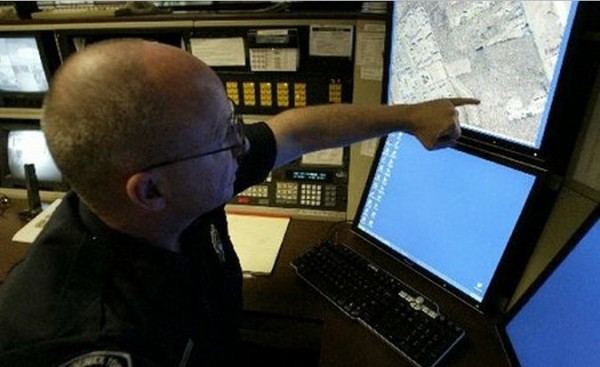If law enforcement team wants to search any place or arrest someone, they need search/arrest warrant. But, sometimes it’s not possible to get the search/arrest warrant just in time. At that time, rather than getting search/arrest warrant from a judge, it’s better to track the suspect. But, at the same time, tracking anyone without any warrant is illegal. The Federal court has ruled that from now on law enforcement can track suspects via cellphone without any warrant.
The Fourth amendment of U.S. Constitution,reserves the right of citizens’ privacy by barring warrant-less tracking of suspect’s cellphone via GPS. Despite knowing the fact, the police had been tracking on a suspect, named Melvin Skinner and now convicted of drug trafficking, via his cellphone without any warrant. He was later arrested by the Drug Enforcement Administration (DEA) and charged with many criminal offences distributing over 1,000 kilograms of marijuana, conspiracy to commit money laundering, aiding and abetting the attempt to distribute in excess of 100 kilograms of marijuana etc.
Skinner appealed against his convictions. In the court, Skinner’s attorneys argued that the police had been tracking him (Skinner) illegally via his cellphone. Skinner’s attorneys argued that the police was violating the Fourth Amendment by doing so. And, hence, the whole conviction was against the constitution.
Regarding the “tracking issue”, long discussions and counter discussions went on. At last, in a 2-1 ruling on last Tuesday, the U.S. Circuit Court of Appeals for the Sixth Circuit has ruled that law enforcement has the right to obtain suspect’s location by tracking his/her cellphone without any warrant.
Source : Arstechnica
[ttjad keyword=”hot”]



